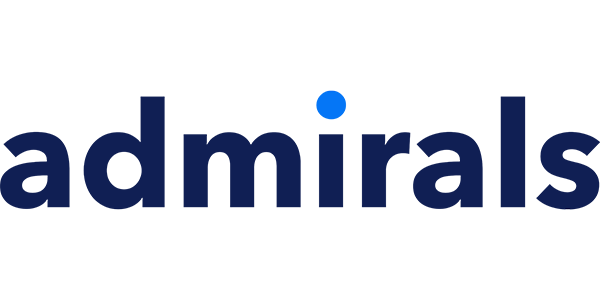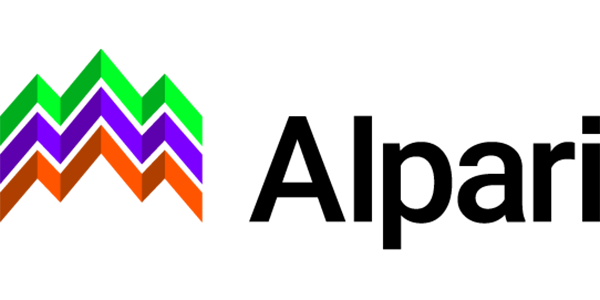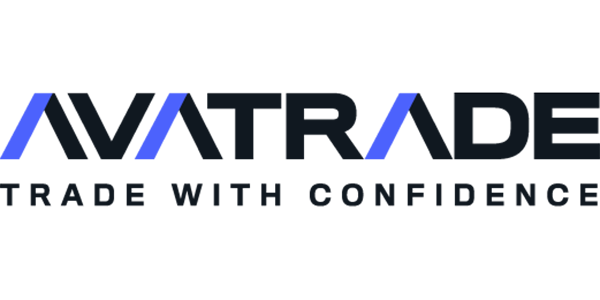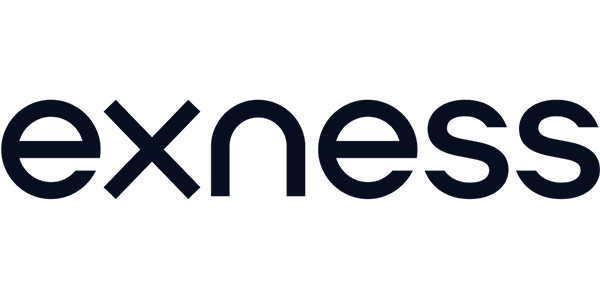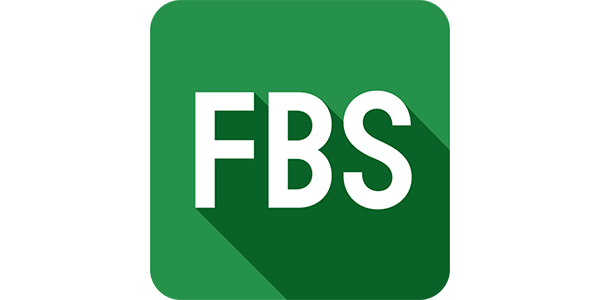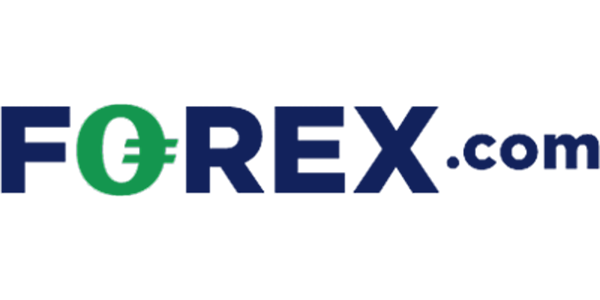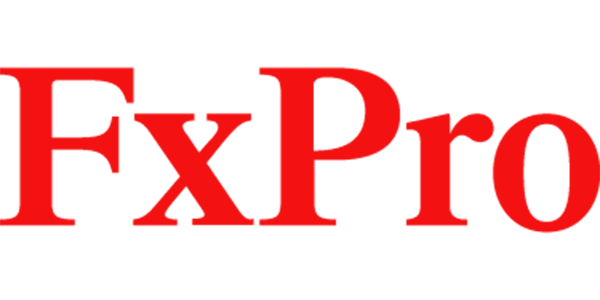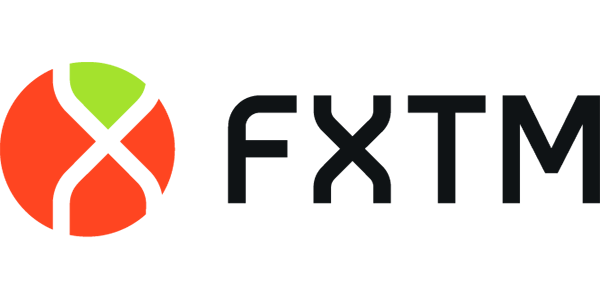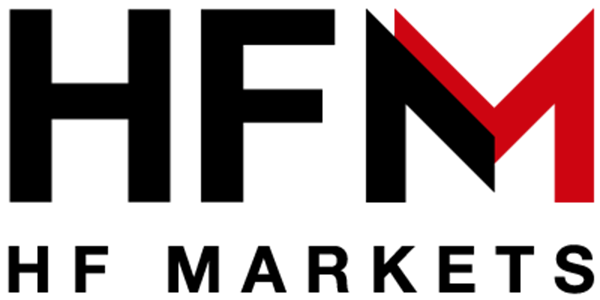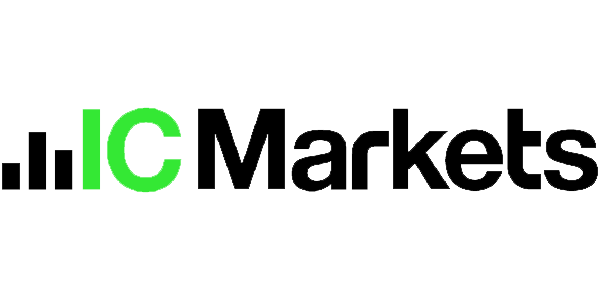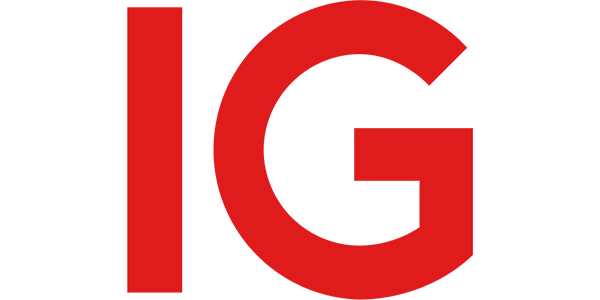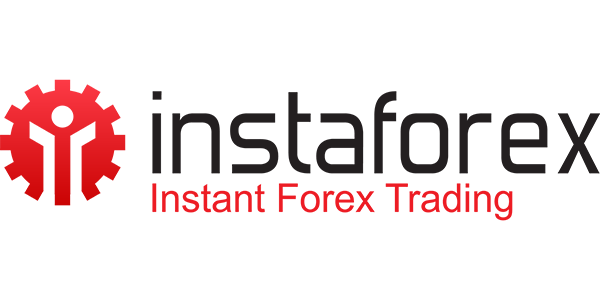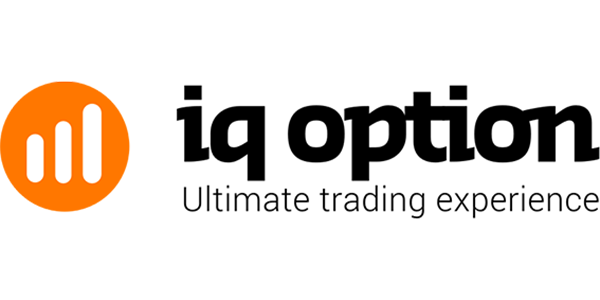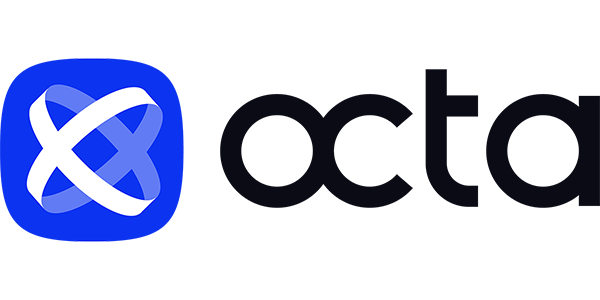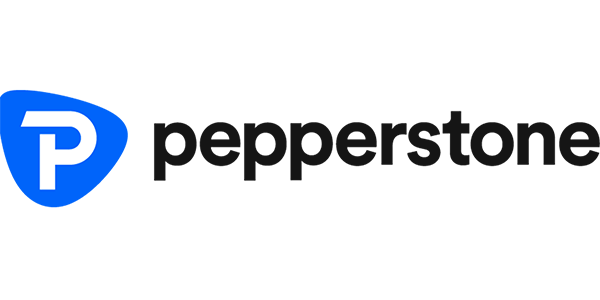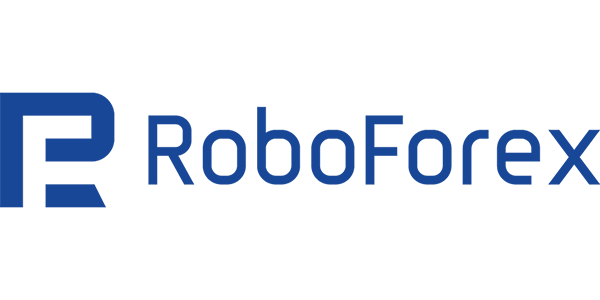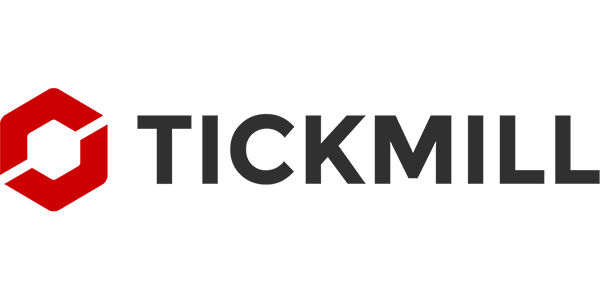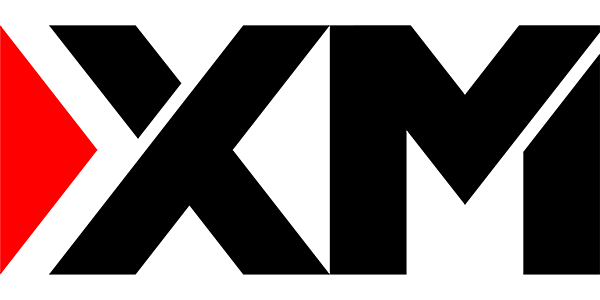The best trading platform in Nigeria is not necessarily the one with the most features, but the one that balances regulation, ease of deposits and withdrawals (especially in naira), low spreads, fast execution, and strong customer support. In this review, we outline the key factors Nigerian traders should consider and highlight platforms that consistently rank among the most trusted options in 2025.
List of The Best Platform for Trading
Here’s a quick comparison of the best trading platforms based on their compatibility and market access.
| Best For | Commision | Min Dep | Leverage | Platforms | ||
|---|---|---|---|---|---|---|
| Beginners, Professionals, Active Traders | From $6 per lot | $100 | Up to 1:500 | MetaTrader 4 MetaTrader 5 Ctrader | ||
| Beginners, Active Traders | No commission (for Standard accounts) | $5 | Up to 1:1000 | MetaTrader 4 MetaTrader 5 | ||
| Beginners, Professionals, Active Traders | From $5 per lot | $100 | Up to 1:400 | AvaTradeGo MetaTrader 4 MetaTrader 5 | ||
| Beginners, Copy Traders | No commission | $200 | Up to 1:30 (1:5 for crypto) | eToro Platform MT4 MT5 | ||
| Beginners, Active Traders, Scalpers | No commission | $1 | Up to 1:2000 | MT4 MT5 WebTrader Exness Trade App | ||
| Beginners, Professionals, Active Traders | No commission (for Standard accounts) | $1 | Up to 1:3000 | MetaTrader 4 MetaTrader 5 | ||
| Beginners, Active Traders, Scalpers | From $5 per lot | $100 | Up to 1:50 | MetaTrader 4 FOREX.com Web Trader | ||
| Beginners, Active Traders, Scalpers | From $4 per lot | $100 | Up to 1:500 | MetaTrader 4 MetaTrader 5 cTrader FxProEdge | ||
| Beginners, Active Traders, Scalpers | No commission | $200 | Up to 1:1000 | MetaTrader 4 MetaTrader 5 WebTrader | ||
| Beginners, Professionals, Active Traders | From $6 per lot | $5 | Up to 1:1000 | MetaTrader 4 MetaTrader 5 Web Terminal Multi Terminal | ||
| Professionals, Active Traders, Scalpers | From $3 per lot | $200 | Up to 1:500 | MetaTrader 4 MetaTrader 5 cTrader | ||
| Beginners, Active Traders | No commission | $0 | Up to 1:200 | MetaTrader 4 ProRealTime WebTrader | ||
| Beginners, Active Traders, Proffesionals | No commission | $1 | Up to 1:1000 | MetaTrader 4 MetaTrader 5 | ||
| Beginners, Professionals | No commission on standard accounts | $10 | Up to 1:1000 | IQ Option Platform Mobile App | ||
| Active Traders, Beginners | No commission | $1 | Up to 1:50 | MetaTrader 4 OANDA Platform | ||
| Beginners, Active Traders, Scalpers | No commission on standard accounts | $25 | Up to 1:1000 | MetaTrader 4 MetaTrader 5 OctaTrader | ||
| Beginners, Active Traders, Scalpers | No commission | $200 | Up to 1:500 | MetaTrader 4 MetaTrader 5 cTrader | ||
| Active Traders, Scalpers | No commission | $10 | Up to 1:2000 | MT4 MT5 R StocksTrader | ||
| Inexperienced and Active Traders, Scalpers | From $2 per lot | $100 | Up to 1:500 | MetaTrader 4 MetaTrader 5 | ||
| Beginners, Proffesionals | No commission | $5 | Up to 1:1000 | MetaTrader 4 MetaTrader 5 |
Nigeria Market Overview
Economic Landscape & Outlook
Nigeria, often dubbed the “Giant of Africa,” has one of the continent’s largest economies by GDP and population. Yet its economy remains highly dependent on oil exports. Recent years have seen efforts to diversify into sectors such as agriculture, manufacturing, and digital services.
For 2025:
- Growth is expected to remain moderate but positive, supported by ongoing reform efforts in the oil & foreign exchange sectors.
- The Central Bank of Nigeria (CBN) is forecasting inflation will gradually ease, contingent on improved food security, stable exchange rates, and effective monetary policy.
- Nigeria’s foreign exchange reserves are holding up relatively well, giving some buffers against external shocks.
Foreign Exchange / Currency Dynamics
The naira (NGN) has experienced volatility, partly driven by inflationary pressures, import costs, and oil trade fluctuations.
In 2025, reforms to the forex regime aim to increase transparency, reduce multiple exchange windows, and limit speculative activity.
These FX dynamics strongly influence trading costs, capital flows, and investor sentiment.
Capital Markets & Investments
- Equities / Stock Market: The Nigerian Stock Exchange (often referred to as NGX) has shown signs of recovery and upward momentum in early 2025.
- Debt / Bond Market: Government bonds and treasury instruments continue to be important in attracting both domestic and foreign investors.
- Private Markets & Venture Capital: Nigeria has become a leading hub in Africa for tech startups, fintech, and digital innovation, drawing venture capital and private equity funding.
Key Strengths & Challenges
| Strengths | Challenges / Risks |
|---|---|
| Large, young population → big domestic market | Heavy reliance on oil makes economy vulnerable to commodity swings |
| Growing digital / fintech sector | Infrastructure, power, regulatory bottlenecks |
| Reform momentum in FX & fiscal policy | Currency volatility, inflation, fiscal deficits |
| Strong remittance inflows & diaspora links | Capital flight, exchange rate arbitrage, corruption, governance issues |
Trends & Implications for Trading / Platforms
- As forex and markets become more accessible, liquidity and volatility in Nigeria’s trading ecosystem may increase.
- Platforms that support NGN deposits/withdrawals, integrate with local banks or payment systems, and manage FX risk will have an edge.
- Risk management features (stop losses, margin controls) are especially important given macro volatility.
- Local regulation / oversight is evolving, so traders must stay up to date on compliance and permissible instruments.
- Digital infrastructure improvements (internet access, mobile usage) expand reach of online trading platforms.
Key Criteria for a Good Platform in Nigeria
Choosing the best trading platform in Nigeria requires looking beyond flashy marketing. Nigerian traders face unique challenges — such as Naira volatility, funding restrictions, and regulatory oversight — so platforms must meet practical needs. Below are the main criteria to consider:
Regulation and Security
- Ensure the broker/platform is regulated by reputable authorities (e.g., FCA, ASIC, CySEC) or the Central Bank of Nigeria (CBN) where applicable.
- Check for segregated accounts and negative balance protection to safeguard funds.
Naira Funding and Withdrawals
- Support for local bank transfers, debit cards, or e-wallets is crucial.
- Platforms offering NGN accounts reduce conversion costs compared to USD-only platforms.
Platform Reliability and Speed
- Execution should be fast, stable, and consistent during volatile market conditions.
- A platform with strong mobile and desktop versions is ideal for Nigeria’s mobile-driven market.
Cost Structure
- Look for tight spreads, transparent commissions, and low overnight fees.
- Avoid brokers with hidden charges or expensive conversion fees when funding in NGN.
Market Access and Instruments
- Best platforms provide a wide range of forex pairs, stocks, indices, commodities, and crypto (if permitted).
- Access to both global and local markets (NGX) allows better diversification.
Tools, Education, and Analytics
- Platforms should offer advanced charting tools, technical indicators, and copy-trading options.
- Nigerian beginners benefit from brokers with free education, webinars, and demo accounts.
Customer Support and Localization
- Availability of 24/5 or 24/7 support in English is essential.
- Platforms with local service desks or responsive Nigerian support teams are more reliable.
Top Trading Platforms in Nigeria (2025)
The following platforms are among the most frequently recommended and used by Nigerian traders in 2025. They tend to stand out based on regulation, deposit/withdrawal convenience (especially in NGN), platform features, and reputation in local trading communities.
Exness
Exness
Why it’s popular:
- Supports local NGN deposits and withdrawals, which reduces conversion friction.
- Offers tight spreads, fast execution, and multiple account types (Standard, Raw, etc.).
- Strong support for MT4 and MT5 platforms.
Things to be careful about:
- Always verify which regulatory entity you’ll be trading under (Exness has multiple global entities).
- Some instruments outside forex might have less favorable conditions depending on your account type.
HFM (formerly HotForex)
HFM
Why it’s recommended:
- Known for competitive spreads and a variety of account types.
- Offers NGN accounts or local deposit options in Nigeria.
Potential limitations:
- Some withdrawal or deposit methods may charge fees or have processing delays.
- The full range of assets might be more limited compared to brokers focused globally.
IC Markets
IC Markets
Why it’s favored:
- True ECN broker with tight spreads and professional execution.
- Good reputation and broad market access (forex, indices, commodities).
Watch out for:
- The minimum deposit may be higher than some NGN-friendly brokers.
- Ensure that depositing and withdrawing in NGN (or via Nigerian banks) is supported without excessive fees.
XM
XM
Why many Nigerians use it:
- Low minimum deposits and favorable conditions for small accounts.
- Multiple instrument access (forex, commodities, indices).
Caveats:
- NGN deposit/withdrawal support might not be as seamless in all locales.
- Some account types may have higher spreads or fees compared to raw/ECN models.
AvaTrade
AvaTrade
Why it’s in the list:
- Balanced platform with strong regulatory credentials and a solid set of tools.
- Good for users wanting both simplicity and flexibility.
Things to consider:
- The minimum deposit is higher on some plans.
- Some features or instruments may be restricted or less optimized in Nigeria.
Other Noteworthy Mentions
- FXTM: Frequently listed among top brokers serving Nigerians, with multiple account types and local deposit options.
- Pepperstone, XM, FP Markets, FxPro: Appear in broader “best brokers for Nigeria” lists, offering competitive spreads and strong infrastructures.
Below are some platforms frequently cited in reviews and rankings for Nigerian traders. These are not endorsements, but examples to help you compare.
Comparison Table
Here is a comparison table of some of the top trading platforms / brokers used by Nigerian traders. You can adapt or expand it based on which platforms you want to include.
| Platform / Broker | Strengths / Highlights | Things to Watch / Limitations |
|---|---|---|
| Exness | Very popular in Nigeria. Offers NGN deposits/withdrawals in many cases. Supports MT4 & MT5. Known for tight spreads and flexible withdrawal terms. | Make sure which entity you’re trading under (regulation). Some assets might not be supported. |
| XTB | Ranked by BrokerChooser as top platform in Nigeria for 2025. Strong global reputation, good tools, competitive pricing. | Local funding options may be limited depending on your bank. |
| IC Markets / XM / HFM / FXTM / AvaTrade | These global brokers are regularly listed among the “best platforms in Nigeria” because they support Nigerian accounts, offer multiple asset classes, and good execution. | Always check if they allow NGN deposits/withdrawals and the cost of conversions or fees. |
| Local / Nigerian Stock Platforms | For trading Nigerian equities (e.g. via the Nigerian Stock Exchange / NGX), there are local brokers/platforms tailored to domestic stocks. | They often lack the international instrument coverage (forex, global stocks, etc.). |
| Hybrid / Multi-asset Platforms | Platforms combining local stocks with global access are gaining traction (so you don’t need separate accounts). | They can be more complex; ensure fees are transparent. |
Popular Trading Instruments in Nigeria
Nigerian traders have access to a wide range of instruments through international brokers and local platforms. The choice often depends on market conditions, access to NGN funding, and individual trading strategies. Below are the most commonly traded instruments in Nigeria:
| Instrument | Why Nigerians Trade It | Key Notes |
|---|---|---|
| Forex Pairs | High liquidity, global access | NGN not commonly available, USD/EUR preferred |
| Oil (Brent/WTI) | Nigeria is an oil producer; traders track global prices | High volatility, tied to local economy |
| Gold & Silver | Hedge against inflation and volatility | Widely offered as CFDs |
| Indices (S&P 500, NASDAQ) | Exposure to global markets | Useful for portfolio diversification |
| Stocks | Local NGX stocks + global tech giants | Local requires licensed brokers, global via CFDs |
| Cryptocurrencies | High volatility, youth adoption | Mostly via CFDs or exchanges |
| ETFs | Diversification, lower costs | Not widely available yet |
Forex / Currency Pairs
- Major pairs (EUR/USD, GBP/USD, USD/JPY) are the most liquid and widely traded.
- Cross pairs (EUR/GBP, AUD/JPY) provide diversification opportunities.
- While the Nigerian Naira (NGN) is rarely offered as a direct trading pair, most traders fund accounts in USD or EUR and trade major and minor pairs.
Commodities
- Crude oil (Brent & WTI) is especially relevant due to Nigeria’s status as a leading oil producer.
- Gold and Silver are popular as hedging instruments and safe-haven assets.
- Agricultural products and industrial metals are available through some CFD brokers.
Indices
- Global indices such as the S&P 500, FTSE 100, DAX, and NASDAQ are widely traded for exposure to broader markets.
- Regional and emerging market indices can also be accessed, though liquidity may be lower.
Stocks & Equities
- Local equities: Nigerian traders can access stocks listed on the Nigerian Exchange (NGX) through licensed domestic brokers.
- Global equities: International brokers offer CFDs or direct access to stocks of major global companies like Apple, Tesla, and Amazon.
Cryptocurrencies
- Bitcoin (BTC), Ethereum (ETH), and other altcoins are increasingly popular among younger Nigerian traders.
- Trading is usually offered via CFDs or crypto exchanges, depending on regulation and broker policies.
- Due to volatility, crypto trading carries higher risk but also high return potential.
Exchange-Traded Funds (ETFs)
- ETFs provide exposure to baskets of assets — such as technology, energy, or emerging markets — at lower cost.
- Not all brokers offer ETFs in Nigeria, but demand is rising.
Strengths of Trading Platforms in Nigeria
- Access to Global Markets – Many platforms allow Nigerian traders to trade forex, commodities, indices, stocks, and cryptos globally, not just domestically.
- Low Entry Barriers – Platforms often have modest minimum deposit requirements, enabling beginners with limited capital to join.
- Flexible Platforms & Tools – Support for MT4, MT5, web platforms, mobile apps, charting tools, technical indicators, automated scripts, etc.
- Naira Deposit / Withdrawal Options (in some cases) – Some platforms/brokers support NGN deposits or even NGN-denominated accounts, which reduces currency conversion costs and friction.
- Leverage & Margin Options – The ability to use leverage lets traders amplify returns (though it increases risk too).
- Demo Accounts & Educational Resources – Many platforms offer demo or simulated accounts and learning materials (tutorials, webinars, guides) which is attractive for newer traders.
- 24/7 Customer Support & Local Support – Some platforms provide responsive customer support including for Nigerian users (in local times) and localized assistance.
Weaknesses & Risks of Trading Platforms in Nigeria
- Regulation & Oversight Gaps – Nigeria lacks a strong, specific regulatory framework for online retail forex trading; many platforms are regulated abroad, so recourse is weaker.
- Deposit / Withdrawal Friction & Costs – Even when platforms support NGN, delays, processing fees, or exchange conversion costs may erode trading profits.
- Currency Conversion Risk – If your account base currency is USD, EUR etc., converting NGN to that currency and back can incur spreads or hidden costs.
- Volatility & Market Risk – Emerging market conditions, macroeconomic instability, and naira fluctuations mean higher price swings and risk of slippage.
- Platform Downtime / Execution Risk – During high volatility (e.g. news releases), platforms may lag, crashes may occur, or orders may not execute as expected.
- Hidden Fees & Inactivity Charges – Some platforms charge inactivity fees, account maintenance fees, or hidden spreads/commissions.
- Limited Local Enforcement – If the platform fails, is fraudulent, or refuses withdrawal, you may have little legal recourse in Nigeria if the broker is offshore.
- Overleveraging & Risk of Large Losses – High leverage can lead to magnified losses, especially for inexperienced traders.
- Tech / Infrastructure Challenges – Internet connectivity issues, latency, and smartphone limitations in certain parts can degrade the trading experience.
How to Choose the Best Platform for Nigeria Traders
Selecting the right trading platform in Nigeria is more than just picking the one with the lowest spreads. Nigerian traders face unique conditions — such as Naira volatility, FX conversion costs, and limited local regulation — so the choice should be strategic. Here are the steps to follow:
1. Verify Regulation and Safety
- Choose brokers regulated by top-tier authorities (FCA, ASIC, CySEC) or at least recognized regional bodies.
- Confirm whether the broker follows segregated accounts and offers negative balance protection.
2. Check NGN Deposit and Withdrawal Options
- Ensure the platform supports Naira deposits/withdrawals via local banks, cards, or e-wallets.
- If NGN isn’t supported, calculate conversion costs to USD/EUR accounts.
3. Compare Trading Costs
- Evaluate spreads, commissions, and swap/overnight fees.
- Avoid platforms that have hidden charges or high withdrawal fees.
4. Test Platform Reliability
- The platform should have stable execution, low latency, and mobile compatibility, given Nigeria’s mobile-first internet usage.
- Test on a demo account to see how fast orders fill during volatile times.
5. Evaluate Available Instruments
- Look for platforms that offer both global instruments (forex, stocks, commodities, crypto) and local access (Nigerian equities via NGX, if possible).
- Broader instrument coverage allows for diversification.
6. Consider Tools and Education
- Platforms with advanced charting, copy-trading, and automated strategies suit active traders.
- Beginners benefit from free tutorials, webinars, and strong community support.
7. Review Customer Support Quality
- Nigerian traders should prioritize platforms with 24/5 or 24/7 support in English.
- Faster response times during Nigerian trading hours are an advantage.
Conclusion
The rise of online trading in Nigeria has opened the door for individuals to participate in global financial markets like never before. Choosing the best trading platform in Nigeria depends on your personal goals, trading style, and the practicality of deposits and withdrawals in Naira. For Nigerian traders, the key considerations are regulation, cost structure, NGN funding options, platform stability, and customer support. Always begin with a demo account, test local deposit and withdrawal methods, and only then scale up your trading capital.
FAQs
Is online trading legal in Nigeria?
Yes. Online trading is legal in Nigeria, but most forex and CFD brokers are regulated outside the country. Traders should choose platforms licensed by reputable authorities (FCA, ASIC, CySEC) and ensure compliance with Nigerian financial laws.

